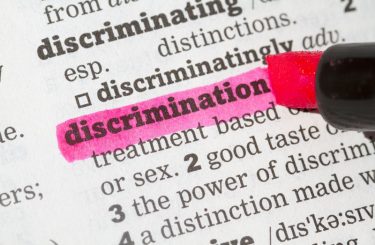
Employers That Don’t Pay Interns May Be Violating Wage & Hour Laws
Internships are a popular way for students to gain real-world experience in their newly chosen field, and many interns accept unpaid positions in hopes of having a valuable educational experience or being hired for a permanent position. This does not usually create a legal problem when interns volunteer for state and local governmental offices or charitable organizations. But when interns work without pay for a private, for-profit employer, they may be legally classified as employees who must be paid a minimum wage as well as overtime premiums under the Fair Labor Standards Act (FLSA).
An intern’s proper classification for FLSA purposes turns on a fact-intensive inquiry into the nature of the internship. Courts will consider more than just the understanding between the employer and the intern that the internship is unpaid and carries no promise of future employment. They will also consider whether the internship is an educational experience that mainly benefits the intern or production work that benefits the employer. If an intern does work that a regular employee would do or that immediately benefits the employer, then the intern may be an employee under the FLSA; interns who are closely supervised and trained by existing staff may be exempt from the FLSA.
If you question whether your employer is respecting your rights under the FLSA, please contact an attorney in Sommers Schwartz’s Wage & Hour Litigation Group today to discuss your situation and learn how we can help.








